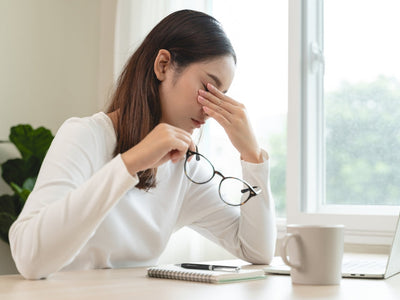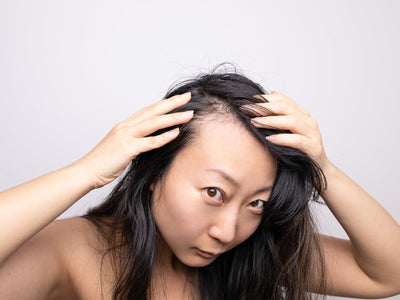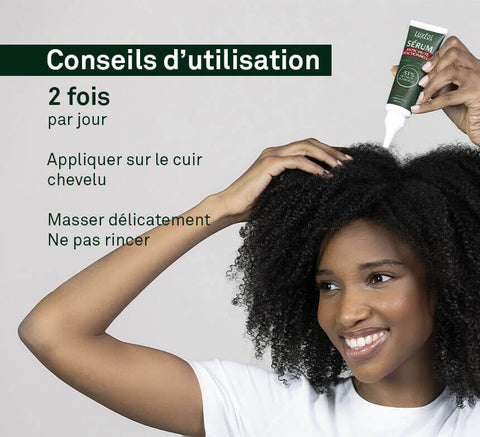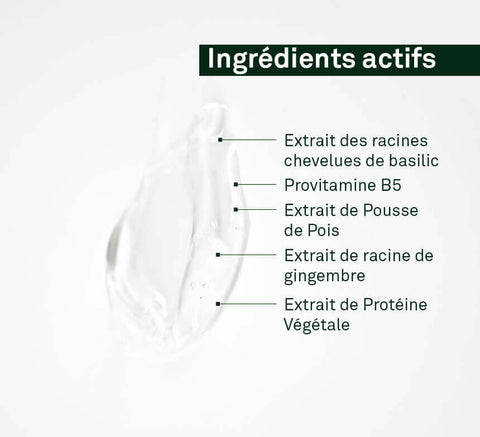Откройте для себя решения, основанные на доказательствах, для профилактики выпадения волос и лечения. Наши экспертные руководства охватывают всё, от понимания причин истончения волос до клинически подтверждённых протоколов для стимулирования здорового роста волос. Независимо от того, испытываете ли вы андрогенетическую алопецию, стрессовое выпадение волос или ищете профилактические стратегии, найдите полную информацию, чтобы помочь восстановить и поддерживать крепкие, здоровые волосы.
Выпадение волос


Как вырастить волосы в области лба (передняя линия волос)
FAQ
О выпадении волосВыпадение волос может быть вызвано множеством факторов, включая генетику, гормональные изменения, стресс, недостаток питательных веществ (особенно железа, биотина и белка), медицинские состояния или агрессивные процедуры для волос. Нормальное ежедневное выпадение волос составляет 100-150 волосков, но чрезмерное выпадение может указывать на скрытые проблемы, требующие профессиональной оценки.
Некоторые типы выпадения волос, особенно те, которые вызваны стрессом, недостатком питательных веществ или гормональными дисбалансами, могут быть обратимы с помощью изменений в образе жизни, правильного питания, массажа кожи головы и целенаправленных процедур. Однако генетическое выпадение волос, как правило, требует профессионального вмешательства и соблюдения постоянных протоколов лечения для достижения наилучших результатов.
Proven treatments include minoxidil, finasteride (prescription), low-level laser therapy, scalp microneedling, and nutritional supplements containing biotin, iron, and essential vitamins. The most effective approach often combines multiple treatments tailored to your specific type of hair loss and underlying causes.
Рост волос — это постепенный процесс, который обычно требует 3-6 месяцев для первых улучшений и 9-12 месяцев для значительных результатов. Последовательность является ключевой — прекращение лечения часто приводит к возобновлению выпадения волос. Ранняя интервенция, как правило, даёт лучшие результаты, чем ожидание, пока выпадение волос не станет серьёзным.
Да, андрогенетическая алопеция у мужчин обычно вызывает отступление линии волос и истончение на макушке, в то время как андрогенетическое выпадение волос у женщин обычно проявляется в виде диффузного истончения по всей верхней части головы. Женщины также более подвержены гормональному выпадению волос во время беременности, менопаузы и из-за заболеваний щитовидной железы.
Основные витамины для здоровья волос включают биотин (витамин B7), железо, витамин D, цинк, витамин C и витамины группы B. Недостаток этих питательных веществ может способствовать истончению и выпадению волос. Сбалансированное питание или целенаправленная добавка могут поддерживать здоровый рост волос в сочетании с правильными рутинами ухода за волосами.
Да, хронический стресс вызывает телогеновое выпадение, состояние, при котором волосы преждевременно переходят в фазу покоя и выпадают через 2-3 месяца после стрессового события. Этот тип выпадения волос обычно временный и обратимый, как только уровень стресса контролируется с помощью техник релаксации, адекватного сна и стратегий снижения стресса.
Проконсультируйтесь с медицинским работником, если вы испытываете внезапное, пятнистое выпадение волос, выпадение волос, сопровождающееся раздражением кожи головы или болью, или если вы теряете более 100-150 волос в день в течение нескольких недель. Раннее профессиональное обследование может помочь выявить основные причины и улучшить эффективность лечения.
Нет, регулярное мытьё волос не вызывает их выпадение. Вы просто смываете волосы, которые уже отделились от фолликула. На самом деле, поддержание чистоты и здоровья кожи головы с помощью регулярного мытья может способствовать оптимальным условиям для роста волос и предотвращать состояния кожи головы, которые могут способствовать выпадению волос.
Добавки для волос могут быть эффективными для людей с дефицитом питательных веществ, но результаты варьируются в зависимости от основной причины выпадения волос. Добавки, содержащие биотин, железо, экстракт пальмы сабаль и незаменимые аминокислоты, показывают наибольшую эффективность, но лучше всего работают в рамках комплексного плана лечения выпадения волос.






















